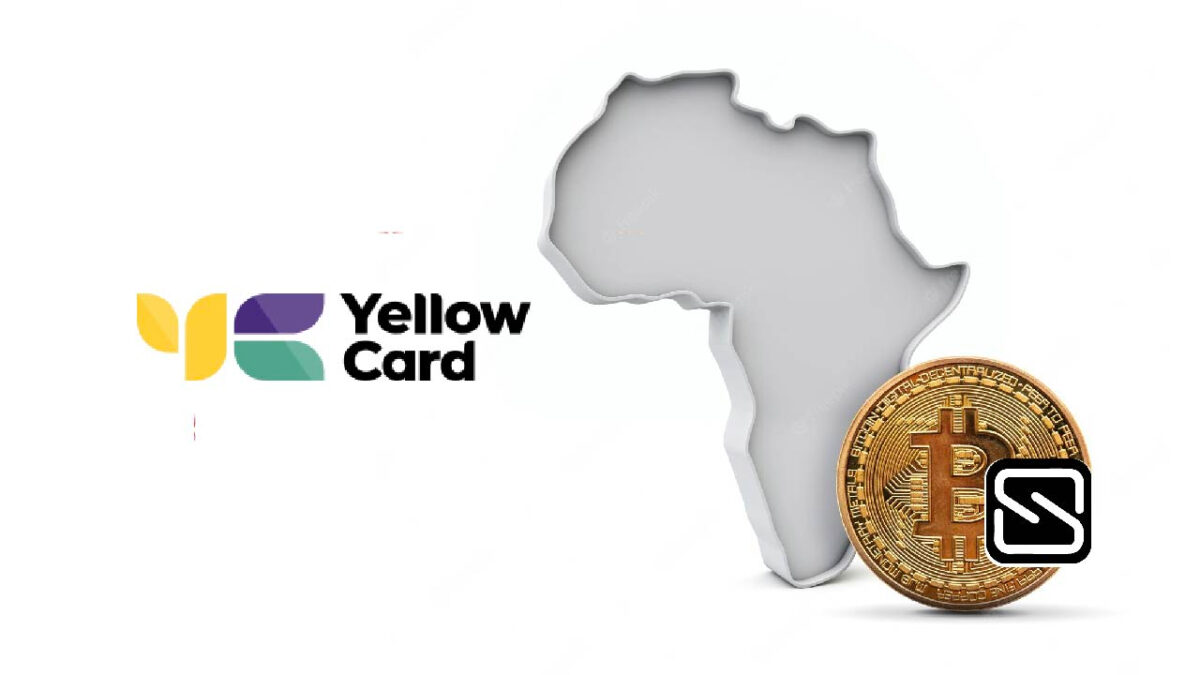Celo Foundation will be in Kampala, Uganda hosting the next Web3 Fund program, which aims to assist Web2 entrepreneurs in advancing to Web3 and receiving financial investment from its ecosystem partners. This follows the recent successful Web3 fund workshops that were hosted in Nairobi, Lagos, and Accra. The Web3 fund workshop in Uganda will be happening on 8 November, 2022.
The call for Web2 startups and businesses is open to up to 50 Ugandan founders who will access equity investors, VC funding, technical, business, and marketing mentorship, as well as decentralized exchanges listing opportunities to interested candidates.
The new fund builds on Celo’s existing presence in Africa and targets various verticals in the financial innovation space, including payments, remittances, savings, and lending. The Foundation engages in meet-ups with local developer communities in the African region through ambassadors and pioneers projects focusing on microwork and decentralized finance (DeFi) lending.
Sharing more about Web3 opportunities, Umar Sebyala, Uganda Lead at the Celo Foundation noted, “There’s great potential for Web3 adoption by startups in Uganda and across the continent, which is undeterred by the bear market. The Celo ecosystem is seeing continued momentum for building meaningful use cases in the East African region, from e-commerce marketplaces to projects for climate action.”
Some of the confirmed speakers for the Uganda workshop include members of Celo’s Alliance for Prosperity, such as Noah Baalesanvu from Cryptosavannah, Peter Kakoma from Kanzu Code, and Reginald Tumusiime from Capital Savvy.
Through the Celo Africa Web3 Fund, startups will be introduced to equity investors through venture capital (VC) firms like Unicorn Growth Capital, Echo VC, Uncovered Fund, and Flori Ventures, a seed-stage VC that invests in the Celo ecosystem. The Celo Developer Guild will also provide technical assistance alongside partners, such as blockchain development platform Tatum, and Ape Unit, a network of creators, strategists, developers, and designers.
As part of the Celo Foundation’s global mission to create a more inclusive global financial system, the nonprofit organization launched the Celo Africa Web3 Fund in July to help scale African startup projects building on Celo in support of blockchain technology and Web3 adoption.
Please visit the Celo Africa Web3 Fund website to register and for more application details.









